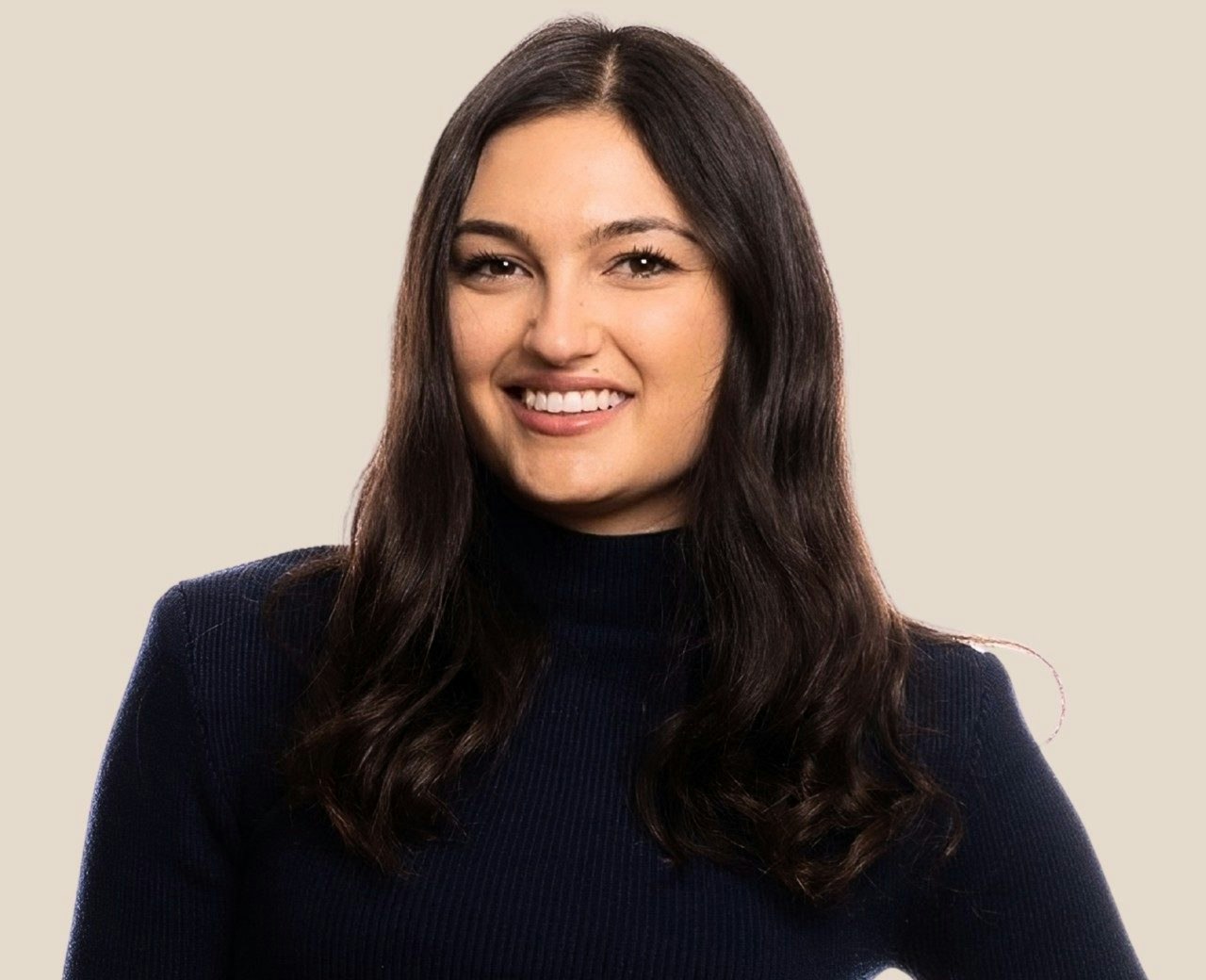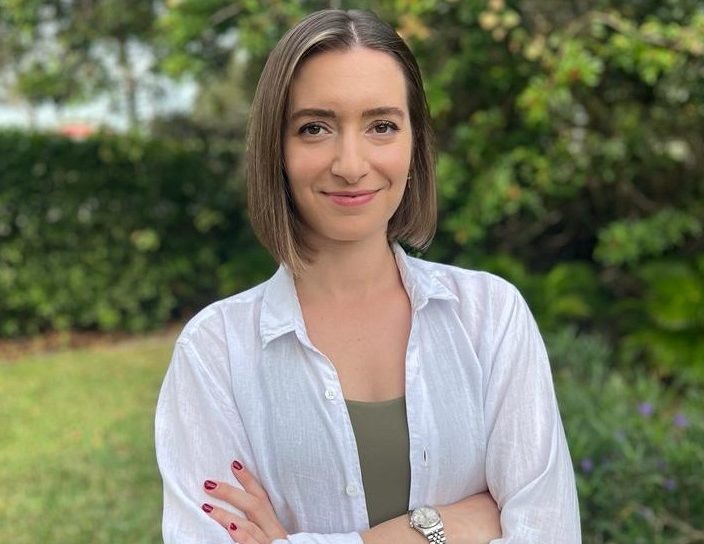Back in the deal-making frenzy of 2021, it seemed like everyone wanted to ‘break into VC’.
Now, many of those same investors are leaving the industry and jumping into operating roles instead.
For many of them, it’s their first time working at a startup. While there are plenty of US investors with operational experience, few European VCs are former operators — the percentage of ex-operator partners has been estimated to be as low as 1.8% in Europe. It's something investors on this side of the Atlantic are becoming increasingly conscious of.
“As I was progressing (as a VC), I had less and less advice to give and so I was questioning myself like: Why am I on the board of directors when I cannot actually advise them on this hiring strategy and how to structure the organisation chart internally? I actually have no idea,” says Beatrice Aliprandi, a former principal at Lakestar who moved to a chief of staff role at AI tutoring startup Praktika in July 2024.
“I think that’s where the danger comes: some VCs might actually advise founders anyway, even if they don’t know.”
The VC to operator trend is catching on, as many early-career investors want to be closer to the action — and founders often say they prefer working with people who’ve been in the trenches.
At the same time, Europe’s VC landscape is under pressure. The number of active VC firms is down 30% since 2022; fundraising dropped from €34bn in 2022 to €21bn in 2024; and many firms are struggling to raise new funds and are shedding staff.
“If you name me a fund at this point, I can name you someone who's left. It’s a massive shift,” says Jeremy Cowen, a consultant at executive hiring firm Kea Consultants.
Who’s making the jump?
“When I graduated from university, it was all about going into consulting or banking, and then VC was the next thing. Now everyone’s trying to become a founder or going into startups and scale ups,” says Sara Schein, who spent two years as an investor at White Star before joining the growth team of AI data management startup Encord.
“I’m starting more and more to think it’s a kind of generational shift. Quite a lot of my friends have recently left VC to go to operator roles. I think there's real energy again to roll up your sleeves.”

Jan Ebbinghaus, a former investor at Hedosophia who moved to developer platform Gitpod to become chief of staff in January, says many VCs making the move are early in their career with around three years of experience — just enough to hit the plateau.
“The learning curve after two-ish years (in VC) flattens and then you only increase it once in the most senior ranks, and a lot of VC firms have become very corporate with hierarchies and promotion structures,” says Ebbinghaus.
“Then you sit there and think: Ok my learning curve is kind of flat and now I need to wait until I have enough tenure to be promoted to this next level, while in the outside world things are moving so quickly.”
Getting their hands dirty
A key difference in being an operator over a VC is having to actually “take action” — and if something doesn’t work you’re responsible for testing, iterating and trying again, says Aliprandi.
Ebbinghaus agrees: “As a VC, you can say that you relate (to founders), but it’s very easy to come up with a strategy. It’s not that easy to execute it and understand all the complexity behind it.”
“It’s very easy to sit on the board and say: “Oh we want to implement usage-based pricing.” But as a startup, there’s a hundred mini decisions to make to execute that: how do we collect revenue in a hundred jurisdictions? How do we do the invoicing? There’s all of these mini things in the background that as a VC you’re not even aware of,” he adds.

The “feedback loops” are also shorter in startups than in VC, where it can take years to find out if an investment will be a success.
“When you’re company-building, especially in the AI space, you know probably in a week whether what you ship works — it’s like the constant learning iteration is just so much more direct, so much faster,” says Ebbinghaus.
And in startups, you can feel like the actions you take visibly move the needle.
“VCs have a product which is the fund and the portfolio, whereas startups have an actual product that you get passionate about,” says Aliprandi. “In our case, I see the feedback from users on a daily basis and then some really brings me to tears — like finding out someone got a job because they learned English through Praktika.”
That said, it’s far more risky to work for a startup than a VC, adds Aliprandi.
“The salary is definitely smaller and so you have to believe that your stock options will compensate for that at some point. So obviously, you’re putting all your eggs in one basket.”
The pull of AI
Global AI fever is another major thing pulling VCs toward startup life. Many who've jumped did so into AI-focused roles.
“With AI, there’s so much going on in the outside world, so you feel a bit on the sidelines if you’re a VC. You’re like, fuck: am I wasting my time? What do I do? At least that was the feeling for me,” says Ebbinghaus.
“(AI) is moving extremely fast — it’s hard to ignore. But also, it’s just one of these rare platform shifts that we’re seeing where the pace of innovation is just wild. I feel like something new emerges every week,” says Schein.
For many, being on the inside feels like the only way to keep up.
“I felt like, even if I got to speak to so many interesting AI companies as a VC, I didn’t want to just analyse them, I wanted to contribute to some extent.”
Ebbinghaus adds that in an AI-first world, even the core assumptions of venture capital are shifting.
“Many of the pattern recognition skills that investors developed during the previous SaaS era no longer apply in an AI-first world,” he says.
“A lot of the conventional wisdom around sales and product is no longer valid — so if you’re not deeply in touch with the operating side to see how the game is changing, you’re likely to make poor investment decisions.”
VC: hot or not?
Other dynamics are pushing VCs out of the industry.
Some firms like Global Founders Capital, Stride and Octopus Ventures have conducted layoffs in the last three years. Investors who joined during the frothy days of 2021 have since found the pace of dealmaking slower — and the work less energising.
There are existential questions too about the future of many European funds.
Aliprandi points out that most European VCs founded in the last 10–12 years are now raising their third, fourth, or fifth funds — but haven’t returned their first.
“Then you wonder, will they be able to raise a fifth or sixth? You always have this question mark of how many funds are there in Europe, and how many will survive in the long term?” she says.
The job itself of a VC may not always be for everyone.
Kea Consultants’ Cowen says the job of a junior VC can be repetitive and it’s difficult to build specialist hard skills, which is why many early career investors end up cycling out of the industry.
“If you are at an average fund desperately trying to do outbound when all of the energy in the room has been hoovered up by massive players, it’s a bit of a thankless, soulless job,” says Cowen.
The boomerang effect?
For many of those leaving, this may not be goodbye to venture — but rather a long detour.
Cowen sees it as a positive signal if someone returns to VC after spending time as an operator.
“It’s only an upside of optionality. If you then go and be a chief of staff or be part of a strategic finance team or try your hand at product, that actually makes you more attractive to rejoin a better venture fund,” he says.
“Some of the funds that we work with are desperate for that kind of profile. Matt Robinson going to Accel was a huge deal. Everyone’s trying to replicate that.”
Many former VCs haven’t ruled out going back to their former investment careers at some point.
“I still have a few more startups in me,” says Aliprandi, adding that if she does return to venture, it will be in 10-15 years from now after “gaining a lot of wisdom” she can share with founders.
“I think that’s when it would make sense: like, this person spent 15 years at startups and really understood the AI dynamics from seed to maybe exit. That’s when I would feel comfortable coming back.”
We’ve also compiled a list of European VCs who have moved to operator roles since the start of 2024. If there are additions, please email: news@sifted.eu.



